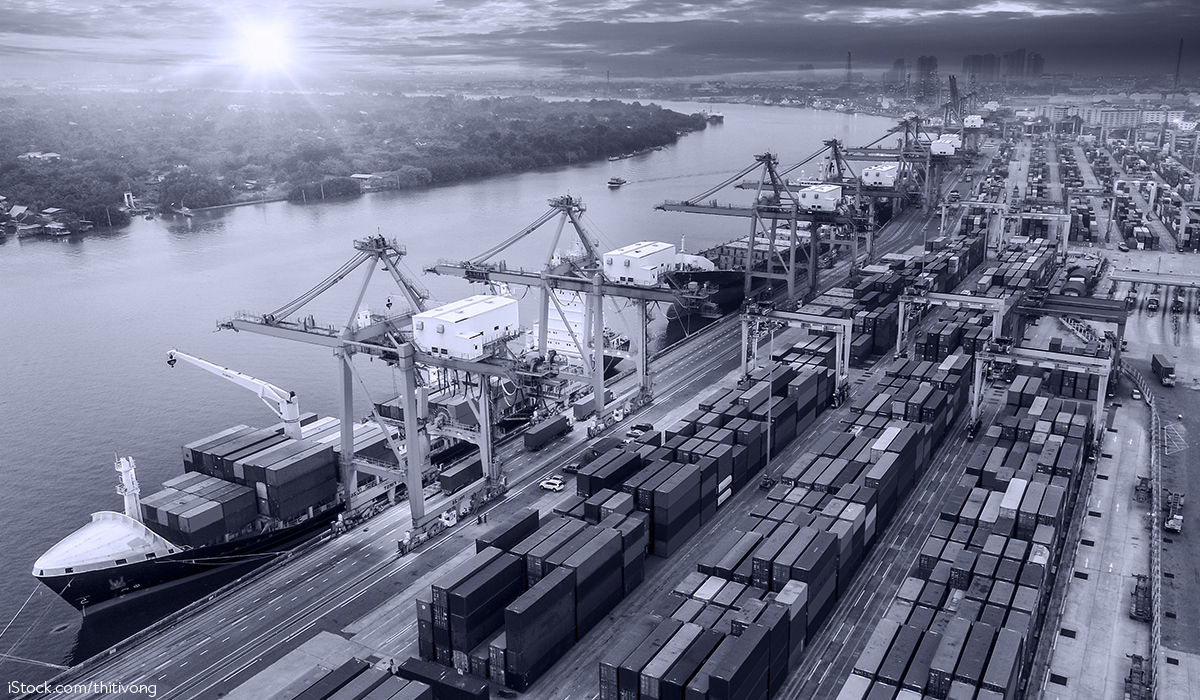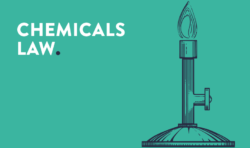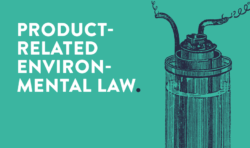This blop-post therefore provides an update on the developments since our last article on the draft bill of the Supply Chain Act (available at: Draft bill of the Supply Chain Act is available).
Draft of the German Bundesregierung available
Since 19.04.2021, the government draft of the Supply Chain Act is available as BT-Drs. 19/28649. Below is an overview of the key changes compared to the first draft version:
- First of all, it is noticeable that the definition of “risk”, which was contained in Sec. 5 in the first version of the draft bill, has now been moved to Sec. 2 and is thus correctly located together with other definitions. It should be emphasized that the environmental obligations to comply with the requirements of the Minamata Convention on Mercury and the Stockholm Convention on Persistent Organic Substances are now shown separately.
- Furthermore, it has been clarified in the definition of the term “supply chain” that this includes “all steps in Germany and abroad“.
- In the completely reworded Sec. 3 of the government draft, the due diligence obligations to be complied with according to the subsequent paragraphs are listed in advance, which gives the law a framework and is therefore to be welcomed. However, an expansion of the duties is not intended by this summary.
- The newly worded provision on the grievance mechanism now stipulates that an acknowledgement of receipt must be given to a person directly affected if he or she makes a report, and that the facts of the case must be discussed with the whistleblower. This is apparently intended to ensure that companies actually deal with such information and involve the directly affected persons.
- The government draft also retains the criterion of “substantiated knowledge” for taking measures in the case of indirect suppliers but continues to refrain from providing a legal definition of the term. According to the explanatory memorandum, “substantiated knowledge” exists “if the company has factual indications that make a violation of human rights or environmental law at an indirect supplier appear possible“, whereby the source of the relevant information is irrelevant. However, the Federal Ministry of Labor and Social Affairs (BMAS) is now enabled to specify these criteria in a supplementary ordinance to the act. While on the one hand it is to be welcomed that the criteria are to be concretized, on the other hand it is not conducive to the explosive nature of the issue to keep this discussion out of the parliamentary debate.
- The government draft now contains concrete specifications on the fines to be expected in the event of violations of the due diligence and associated reporting obligations. According to the specifications in Sec. 24 para. 2 of the draft, fines of up to EUR 8,000,000.00 can be imposed on companies. In the case of a company with annual turnover in excess of EUR 400 million, administrative offenses in connection with the remedial measures to be taken can even be punished with “a fine of up to 2 percent of the average annual turnover.”
- In the course of determining the specific fines, it has now also been specified above which minimum fine the exclusion from public procurement is endangered. In conjunction with the fines, the amounts therefore appear to be relatively high.
Recommendations of the committees of the German Bundesrat
Since 27.04.2021, the recommendations of the competent committees of the Bundesrat are available with regard to the contents of the Bundesrat’s statement on the government draft (recommendation available under: BR-Drs. 239/1/21), which the Bundesrat will adopt on 07.05.2021.
It can be noted that the committees recommend various amendments to the draft, which would not less than turn the law upside down in essential points, which is likely to lead to further heated debates.
The main contents of the recommendations can be summarized as follows:
- Extension of the scope of application to all companies with their registered office in Germany, regardless of company size
- Extension of the scope of application to foreign companies with business activities in Germany (comparable to the French “Loi de Vigilance”)
- Extension of the environmental due diligence obligations to a separate obligation to observe all indirect and direct effects on biodiversity, soil, air, water and climate
- Restriction of the necessity of measures in the case of indirect suppliers to cases of positive knowledge of violations
- Inclusion of requirements for civil liability in the event of violations
- Deletion of the possibility of special litigation
- Introduction of so-called “safe harbor” solutions
Based on the actual opinion of the Bundesrat, it will then be necessary to evaluate how the legislative process will further develop.
Update of 07.05.2021
The Bundesrat has not raised any objections to the government’s draft bill, following the recommendation of the lead committee (cf. Bundesrat – Schutz von Menschenrechten in der globalen Wirtschaft). Thus, the amendment requests of the co-advisory committees outlined above do not enter directly into the legislative process for the time being.
Draft EU Due Diligence Directive
In parallel to the German legislative process, a procedure is also underway at EU level to anchor binding requirements for human rights and environmental due diligence in the supply chain. On 10.03.2021 the European Parliament adopted recommendations to the Commission on corporate due diligence and corporate accountability (available at: P9_TA(2021)0073), which include a draft of a corresponding directive.
The requirements proposed there go beyond the present draft for the German Supply Chain Act, both in terms of the scope of application and the human and environmental rights covered. The European directive is intended to cover companies of all sizes and also certain companies based in other countries outside of the EU with business activities in the EU. Increased obligations are also to apply with regard to indirect suppliers. In addition, the Member States are to be required to provide for civil liability regulations for violations.
EU Justice Commissioner Didier Reynders recently announced that he intends to present a legislative proposal in June 2021. At that time, it will be clear whether the EU is actually pursuing the approach of a directive and thus risks a fragmentation of the law in the relationship between the individual EU member states, or whether the EU Commission will propose a regulation (which will be directly applicable in all Member States).
Conclusion and forecast
It is currently impossible to predict with any certainty whether the German Supply Chain Act will be passed before the 2021 parliamentary elections, nor is it clear whether the European requirements will actually take the form of a directive to be implemented by the EU member states or a regulation. There are also still numerous uncertainties regarding the content.
For this reason, national and international developments should be closely monitored continuously so that any necessary implementation measures can be started in good time. Due to the existing uncertainties, it seems too early to start with concrete implementation measures at this point in time, although it may be helpful to already deal with the content of the topic and the planned requirements and, if necessary, to carry out an internal compliance analysis.
Do you have any questions about this news, or would you like to discuss the news with the author? Please contact: Michael Öttinger





